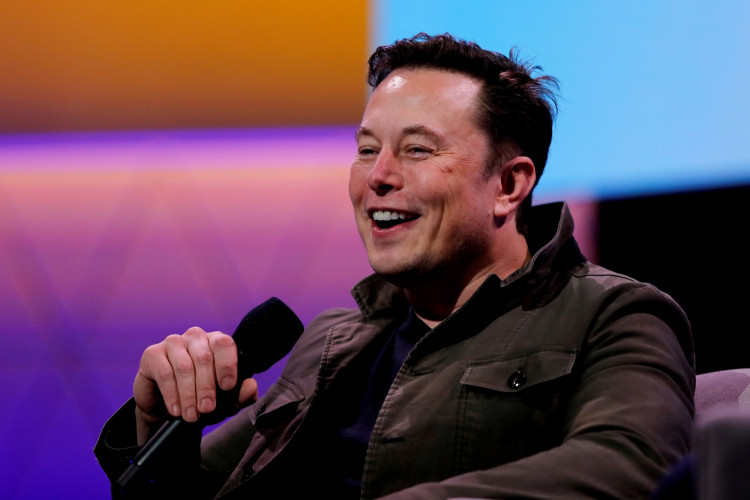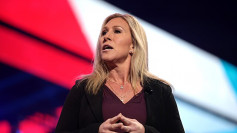Elon Musk is under fire from Kamala Harris's campaign and prominent Democrats for sharing a manipulated, AI-generated video of the Vice President. The video, which falsely depicts Harris claiming she was "selected because I am the ultimate diversity hire," was posted by Musk on his X platform (formerly known as Twitter) with the caption "This is amazing" and a cry-laughing emoji.
The video, which has amassed over 100 million views, features a fabricated voiceover of Harris saying, "I, Kamala Harris, am your Democratic candidate because Joe Biden finally exposed his senility in the debate." It goes on to label Harris as the "ultimate diversity hire" and a "deep fake puppet," with images of Harris and Democratic supporters overlaid.
This is amazing
pic.twitter.com/KpnBKGUUwn — Elon Musk (@elonmusk) July 26, 2024
A spokesperson for the Harris campaign criticized Musk and former President Donald Trump, stating, "The American people want the real freedom, opportunity, and security Vice President Harris is offering; not the fake, manipulated lies of Elon Musk and Donald Trump." This sentiment was echoed by Democratic Senator Amy Klobuchar, who suggested the video violates X's policy on synthetic and manipulated media.
The original post of the video was labeled as a parody, but Musk's repost did not include this clarification. This omission has intensified concerns about the spread of fake, AI-generated content during the election campaign. California Governor Gavin Newsom has called for such manipulated media to be illegal and announced plans to sign a bill that would ban "materially deceptive" election deepfakes. The proposed Defending Democracy from Deepfake Deception Act would require large online platforms to block misleading content related to elections and label such content as inauthentic.
Musk, who has publicly endorsed Trump, responded to the criticism by defending the video as legal parody. He stated on X, "Parody is legal in America," and included the original @MrReaganUSA video below his comment. This stance has sparked a broader debate on the ethical and legal implications of deepfakes and AI-generated content in political discourse.
One expert, Hany Farid, a professor at the University of California, Berkeley, highlighted the sophisticated nature of the AI-generated voice in the video. "The AI-generated voice is very good," Farid said. "Even though most people won't believe it is Harris's voice, the video is that much more powerful when the words are in her voice."
The controversy comes amid heightened scrutiny of social media platforms and their role in disseminating political misinformation. Democratic leaders, including California Governor Gavin Newsom and Democratic Senator Raphael Warnock, have voiced their concerns about the potential harm of such manipulated content. Newsom has stated that he will soon sign a bill to ban materially deceptive deepfakes during election campaigns, aiming to protect the integrity of the electoral process.
Meanwhile, Musk's endorsement of Trump and his actions on X have drawn further attention to the influence of social media on political narratives. Musk has denied reports of donating $45 million per month to Trump's campaign but has been a vocal supporter. His endorsement and subsequent actions have fueled debates over the responsibilities of social media owners in curating and moderating content on their platforms.
As the 2024 election approaches, the issue of AI-generated content and its impact on public perception remains a critical concern. Harris, poised to become the Democratic presidential nominee after Biden's withdrawal, has emphasized that reproductive rights and the integrity of information are at stake. This latest incident underscores the ongoing challenges in combating misinformation and ensuring that voters have access to accurate information.






